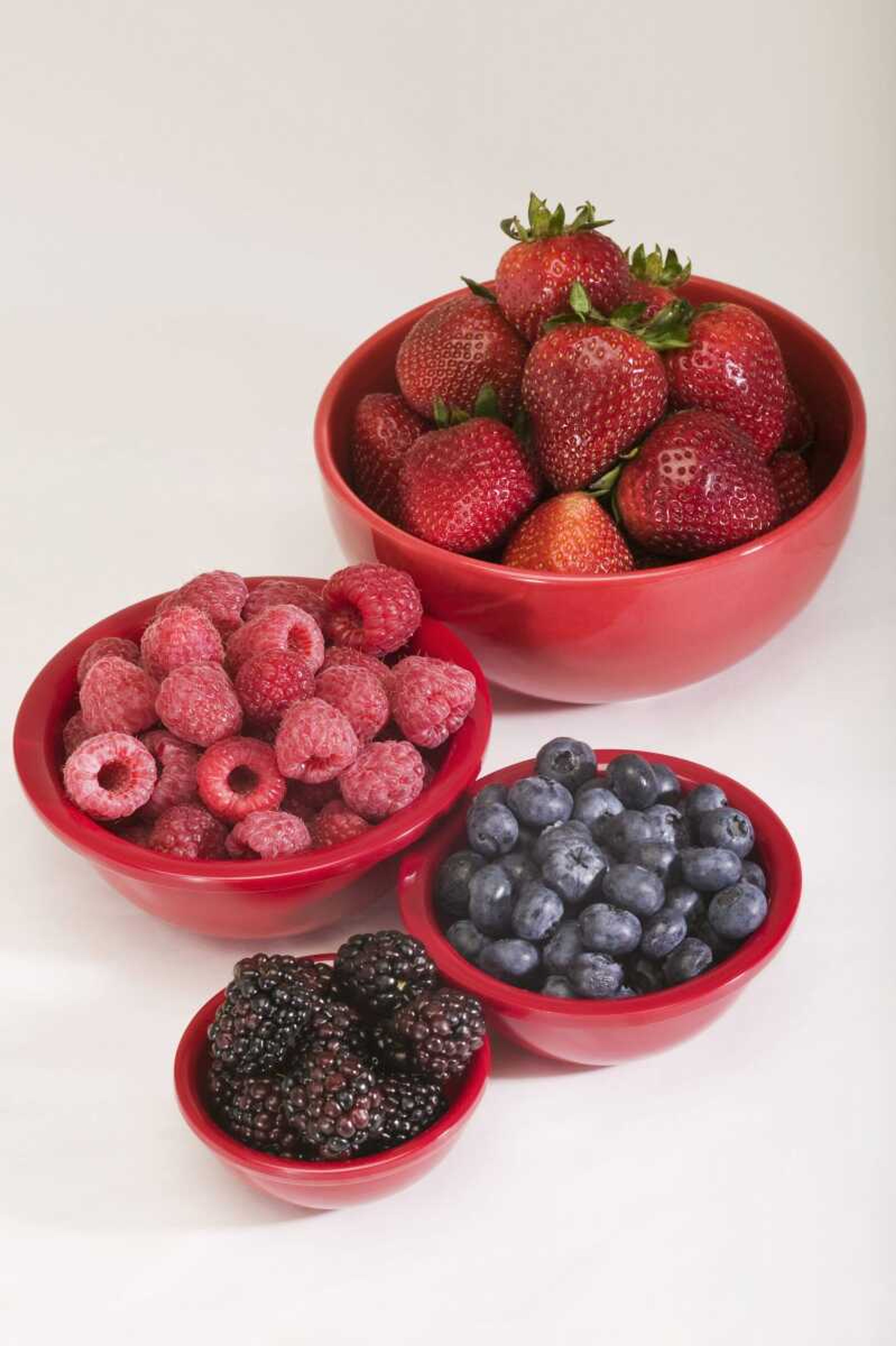Many gardeners are expanding the produce they grow at home to include berry bushes and plants this year, following a trend set by area nurseries to make fruits more easily available.
Stephanie Sturdevant of Garden Hill Nursery in Jackson said raspberries were something people weren't thinking much about planting until the area nurseries began stocking them. Sturdevant said she thinks economic conditions are a factor in the growing popularity of berry gardening.
"It seems like when the economy started taking a dip, people decided they were going to start growing their own vegetables, thinking more along the lines of sustainability," she said. "People started thinking back to the time when they had to grow their own. They were taking a jump ahead, thinking that 'If it gets as bad as people say it might, I want to be able to know what I am doing.'"
The changes resulted in gardeners expanding beyond the tomatoes and peppers they are used to growing at home, Sturdevant said.
Tom Warren, owner of Bloomers Garden & Landscape Nursery in Fruitland, said he noticed an upward trend in the sale of berry bushes last year, which he also thinks has a lot to do with the economy. Warren said the varieties like blackberries, heritage red raspberries, blueberries and strawberries grow well in this region. Others, he said, like gooseberries or black raspberries, don't do so well.
The easiest to grow, Warren said, are blackberries, strawberries and raspberries. Most blackberries, he said, need a strong, sturdy trellis to grown on but don't require a rich or particular soil.
"The first thing you want to do is prepare the area by getting rid of all the sod, grass or weeds and treat the area with a mild fertilizer. They are pretty easy," he said.
Warren said some people have a lot of misconceptions about growing strawberries, but for the most part, they do well if the weeds are kept down.
"There are ever-bearing varieties that will give you berries almost continuously, or there are those that will give you a good crop once a season," he said.
Heritage variety raspberries are also ever-bearing, and Warren said they grow well in Southeast Missouri. He sold out of the bushes last week and plans to order more.
"Blueberries are more difficult, but if you can get the right spot for them they are well worth having," he said. "They need a little more TLC than blackberries or raspberries might."
Blueberries need an active soil, so Warren recommends adding a soil with sulfates when planting.
"They are a fairly heavy feeder and deep-rooted, so you need to dig or prepare your bed a little deeper than you might for other fruits," Warren said.
He said to also use pine needles or regular bark mulch, because the plants like a cool, moist soil. He recommends using peat moss because it's acidic, and it loosens the soil and helps hold moisture.
Blackberries and raspberries are popular sellers at Garden Hill Nursery, Sturdevant said. Grapes are also popular, but more for wineries and those who have a large plot available for a vineyard rather than for home gardeners.
According to Sturdevant, blueberries enjoy the acidity of the clay soil in the area. Blackberries do well because they are hardy, native to this area and can be found growing in fence rows.
She said now is the perfect time to plant the bushes, but gardeners can plant them any time the ground isn't frozen. One important thing to remember about growing fruit, she said, is that in order for it to produce, two varieties of the same species need to be planted near each other.
"This is contrary to what most people have learned, which is that you have to have the same variety planted in fruit production. If it's not a self-fertilizing plant, you need two varieties for the plants to pollinate," she said.
She said in general, most fruit plants mature in about three years, and when purchased from a nursery, they are already a year old. Most will produce fruit in the first year or two after planting, she said.
Connect with the Southeast Missourian Newsroom:
For corrections to this story or other insights for the editor, click here. To submit a letter to the editor, click here. To learn about the Southeast Missourian’s AI Policy, click here.








